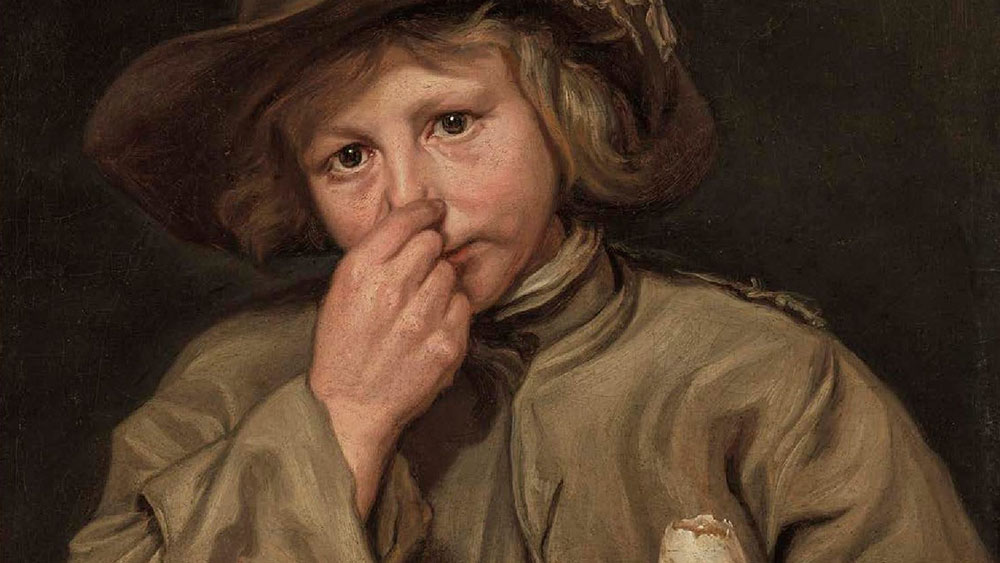Smith, Ian. "The cliché of race." Throughlines. www.throughlines.org/suite-content/the-cliche-of-race. [Date accessed].
The cliché of race
A necessary moral objective and pedagogic requirement that begins by making race visible in Shakespeare’s texts.

How is the cliché of race developed in the early modern literary canon? The emphasis on skin and its emergence to prominence represents an important shift in the history of racial ideology that, in the premodern era, had relied on religion, geography, and language. Complaints about the injustice and unoriginality of this topsy-turvy, upside-down racial cliché have been set aside since its maintenance and durability are, in fact, the cultural goal. By asking students to interrogate the role of the cliché, they are given the opportunity to understand how race is understood as a form of cliché itself.

.jpg)
%20(1).jpg)




